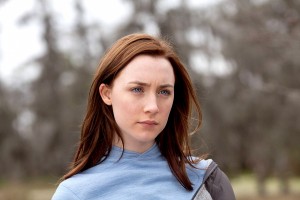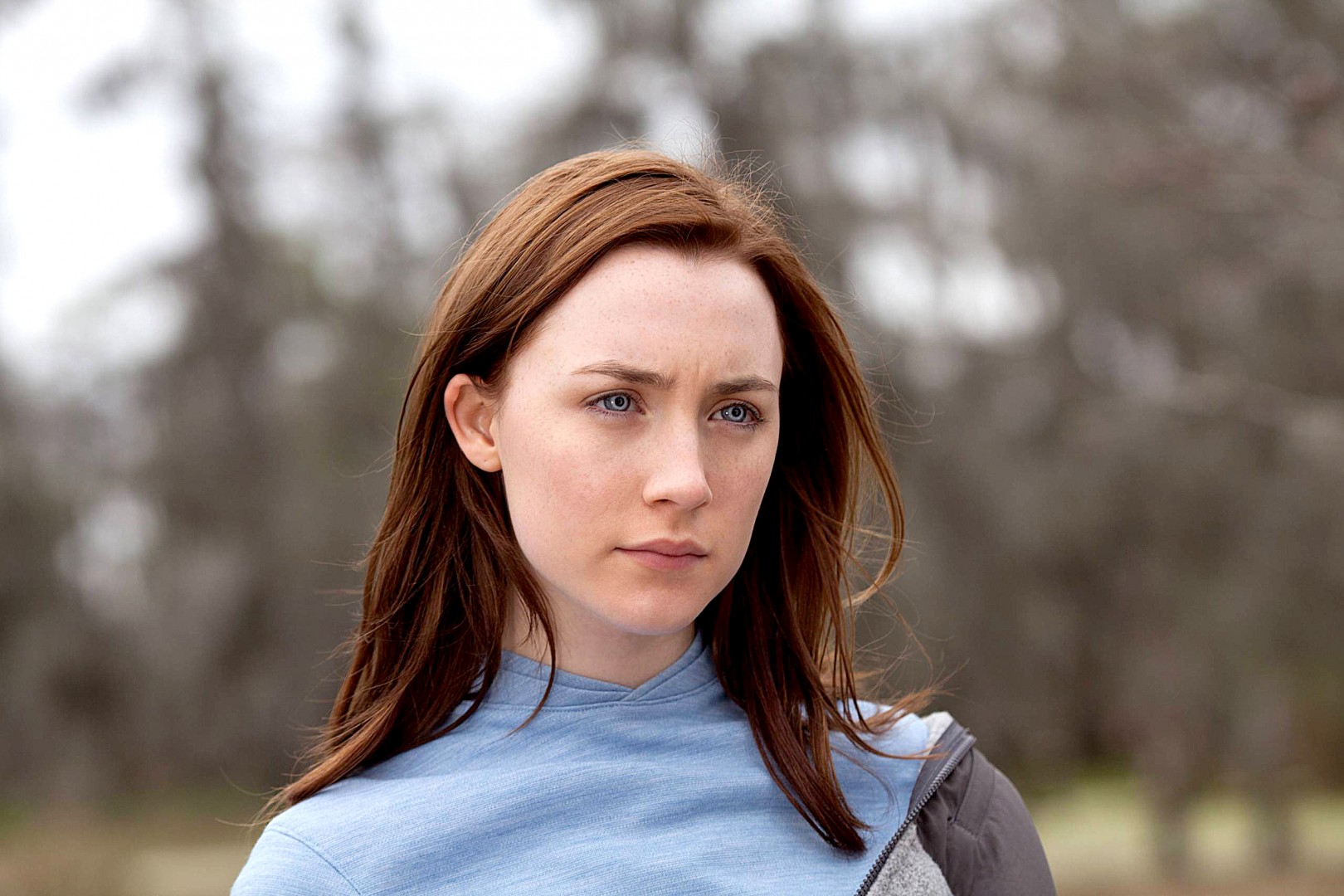
Based on the 2008 novel by Twilight author Stephenie Meyer, “The Host” tells the story of an alien race known as the Souls who have invaded and captured Earth by inserting themselves into humans and taking over their minds. One particular Soul struggles ardently against her human host, who refuses to forget her family and the love of her life. Though the concept is intriguing, the film struggles to convey its emotion and plot smoothly.
The movie opens with a chilling scene wherein Melanie Stryder (Saoirse Ronan, “The Lovely Bones”) attempts to escape a group of Seekers, which are Souls who take on the difficult job of finding unoccupied humans. Instead of allowing herself to be captured and eventually inhabited by an alien, Melanie chooses to commit suicide as a last-ditch effort to retain control of herself. As it is later revealed, Melanie in fact does not die and is inhabited by a Soul named Wanderer. Yet, after this appealing opening scene, the movie falls flat as it struggles to convey the idea of two people living in the same body.
This concept was easily understandable in the book, but was portrayed awkwardly in the film. The screenwriter and director, Andrew Niccol, chose to give Melanie’s voice a southern accent, while Wanderer’s accent remained normal.
Since it was necessary to distinguish between the two, this seemed like a good idea – but it ultimately led to a choppy portrayal of the two characters. Wanderer would speak out loud to communicate with Melanie, while Melanie would talk inside her own head, even occasionally forcing Wanderer to perform actions which she did not wish to do. While Ronan gives a dedicated performance, it was awkward to differentiate between the two characters, leaving the audience struggling with the constant character switches.
The screenplay of “The Host,” as with most book-to-movie adaptations, discarded many details to condense the story into a reasonable amount of time. The resulting script lacked interesting information from the original story, making the struggle in the film more about the love lives of Melanie and Wanderer rather than the Seekers searching for them or reconciling with the fact that Wanderer is not as evil as humans make Souls out to be. Granted, by the end of the film, the movie had found its footing once more, leaving the audience with a very interesting and unexpected closing scene that needs to be seen to be appreciated.
The cast also managed to bring some positive aspects to this film. Melanie’s uncle, Jeb (William Hurt, “Into the Wild”), is one of the first humans to give Wanderer a chance to prove herself, while maintaining a sardonic demeanor and cracking jokes with gun in hand. Hurt’s portrayal ends up being one of the best in the film, acknowledging both Jeb’s survivalist view of the world (which actually saves him) and his passionate love for his family. Diane Kruger’s (“Inglorious Basterds”) performance was also phenomenal as the Seeker who refuses to stop tracking Wanderer. At first, it appears that the Seeker has only one angry unforgiving side, but as the movie progresses, cracks appear in the supposedly stable woman. Contrastingly, Max Irons (“Red Riding Hood”) and Jake Abel (“Percy Jackson and the Olympians”) both offer average performances as Melanie and Wanderer’s romantic interests, respectively. It appears that their casting dealt more with rugged attractiveness rather than talent — but in the book, neither character brings much emotion to the table either.
“The Host” had potential with the innovative alien storyline and the modern phenomenon of social attraction to apocalyptic movies, but did not deliver. Fans of the book will greatly enjoy the movie, but may be put off by plot points that are not fully fleshed out; people that haven’t read the book will appreciate a few of the actor’s performances but recognize that the movie lacked in its adaptation to the screen.











